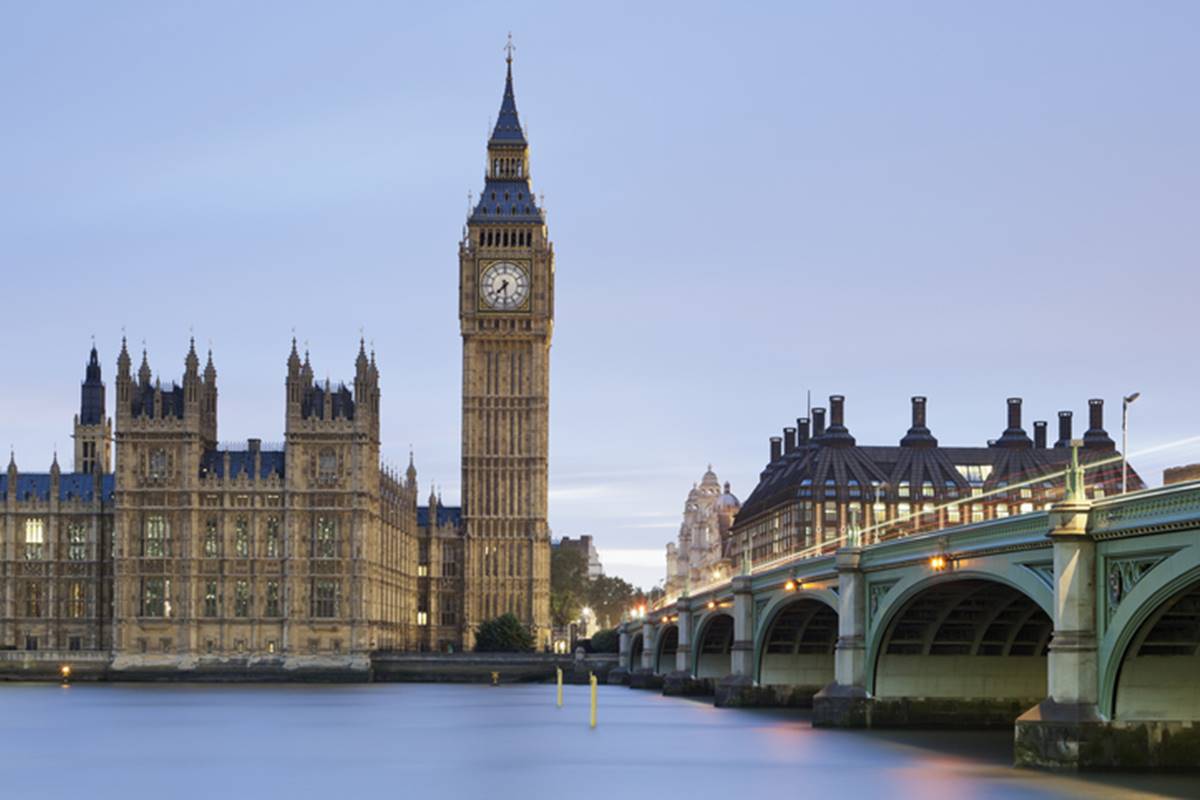Food security and adaptation of agri-food systems to climate change were key pillars highlighted by G20 world leaders in agriculture to ensure a more equal and hunger-free future for new generations. They will meet in Brasilia at an event promoted by Embrapa, at Serpro’s headquarters, from May 15-17. All representatives of the Brazilian government have highlighted the floods, which have already claimed hundreds of lives in Rio Grande do Sul in the past two months, as an example of a climate tragedy for which Brazilian science will need to unite its efforts in the medium and long term. A term for overcoming arable areas and avoiding future tragedies. According to Embrapa’s President, Silvia Masroha, science, technology and innovation are essential not only to ensure the development of sustainable agricultural practices, but also to support public policies. The development of technologies in this area over the past five decades has enabled productivity to increase from 140% to 580%, while expanding land from just 20 to 70 million hectares. “None of this would have been possible without the support of some five million rural producers across the country,” Masroha stressed, reminding G20 leaders and invited countries that the crisis facing Rio Grande do Sul is not an isolated event. Several other extreme events have occurred in other countries, which serves as a warning to global science. “Science has contributed to improved certainty in models and risk assessments that eloquently reflect to researchers the seriousness of the times now and to come. “We face the need to adapt, reinvent ourselves and plan for a permanent period of extreme entropy that will challenge the limits of all pillars of existential equilibrium,” he added. Uniting efforts to confront climate change and increase food security According to the President, sharing the experiences of other countries that make up the G20 will be essential to confront the profound challenges of climate change and food insecurity. “These are our top priorities as part of the G20 agricultural research systems. It is time to bring our efforts closer together, exchange experiences, move forward, strengthen communication with civil society and inform decision-makers of the essential elements, in order to reduce the risks and costs of confronting such challenges. Agriculture is highly vulnerable to climate change, and its impacts, which we are already beginning to feel, are likely to worsen in the coming years. “Embrapa and Brazil encourage the use of sustainable technologies and best practices, such as direct farming, integrated crop, livestock and forest (ILPF) systems, the use of bio-based inputs, new digital technologies, and the joint development of sustainability indicators, among others.” Critical to providing scientific solutions for a more just world and a sustainable planet. Food security equals peace; “Equivalent to a life,” he concluded amused. According to Julio Ramos, of the Ministry of Agriculture and Livestock, which is part of the G20 working group on agriculture, this sector represents a quarter of the gross domestic product and 20% of formal jobs in the country and pointed to the unification of efforts to build a more just world. Deforestation has been reduced by 51% in the Amazon region, and the Executive Secretary of the Ministry of Agricultural Development and Family Agriculture (MDA), Fernanda Machiavelli, stressed that Brazil today has one of the cleanest energy matrices in the world. According to her, the first major challenge facing the country is to increase productivity without expanding agricultural areas. In this sense, I celebrated the 51% reduction in deforestation in the Amazon. “We need to unite efforts to develop sustainable technologies capable of generating income and employment opportunities for the thirty million people living in the Amazon forests today,” he noted. The second challenge is to ensure that small farmers, indigenous peoples, settlers and traditional communities have access to technological development. “Today, 24 million people from these groups are in a state of hunger,” he added. Machiavelli highlighted the importance of Embrapa for the sustainability of agriculture and noted that it was necessary to unite efforts between the company and the MDA to define a set of measures to restore agriculture in Rio Grande do Sul, who represented the Minister of Agriculture and Carlos Favaro, Head of the Livestock Department, stressed at the event that Brazil Today it has 70 million hectares of productive area and 160 million hectares of degraded pastures. Wellington Rocha, who represented the Minister of Fisheries and Aquaculture, André de Paula, highlighted the importance of science in developing sustainable aquaculture in the 740 existing conservation units in Brazil, along 8,500 kilometers of coastline. “Science is the country’s powerful voice for increasing social inclusion, especially by attracting young people to the countryside,” he concluded. More information about this event is available here.
Food security and adaptation of agri-food systems to climate change were key pillars highlighted by G20 world leaders in agriculture to ensure a more equal and hunger-free future for new generations. They will meet in Brasilia at an event promoted by Embrapa, at Serpro’s headquarters, from May 15-17. All representatives of the Brazilian government have highlighted the floods, which have already claimed hundreds of lives in Rio Grande do Sul in the past two months, as an example of a climate tragedy for which Brazilian science will need to unite its efforts in the medium and long term. A term for overcoming arable areas and avoiding future tragedies.
According to Embrapa’s President, Silvia Masroha, science, technology and innovation are essential not only to ensure the development of sustainable agricultural practices, but also to support public policies. The development of technologies in this area over the past five decades has enabled productivity to increase from 140% to 580%, while expanding land from just 20 to 70 million hectares. “None of this would have been possible without the support of some five million rural producers across the country,” he stressed.
Its facilitators reminded the G20 leaders and invited countries that the crisis facing Rio Grande do Sul is not an isolated event. Several other extreme events have occurred in other countries, which serves as a warning to global science. “Science has contributed to improved certainty in models and risk assessments that eloquently reflect to researchers the seriousness of the times now and to come. “We face the need to adapt, reinvent ourselves and plan for a permanent period of extreme entropy that will challenge the limits of all pillars of existential equilibrium,” he added.
Joining efforts to address climate change and increase food security
According to the President, sharing experiences from other countries that make up the G20 will be essential to confront the profound challenges of climate change and food insecurity. “These are our top priorities as part of the G20 agricultural research systems. It is time to bring our efforts closer together, share experiences, and move forward, strengthening engagement with civil society and keeping decision-makers informed, in order to reduce the risks and costs of confronting such challenges.
Agriculture is highly vulnerable to climate change, and its impacts, which we are already beginning to feel, are likely to worsen in the coming years. “Embrapa and Brazil encourage the use of sustainable technologies and best practices, such as direct farming, integrated crop, livestock and forest (ILPF) systems, the use of bio-based inputs, new digital technologies, and the joint development of sustainability indicators, among others.” Critical to providing scientific solutions for a more just world and a sustainable planet. Food security equals peace; “Equivalent to a life,” he concluded amused.
According to Julio Ramos, of the Ministry of Agriculture and Livestock, which is part of the G20 working group on agriculture, this sector represents a quarter of the gross domestic product and 20% of formal jobs in the country and pointed to the unification of efforts to build a more just world.
Deforestation was reduced by 51% in the Amazon
Executive Secretary of the Ministry of Agricultural Development and Family Agriculture (MDA), Fernanda Machiavelli, emphasized that Brazil today has one of the cleanest energy matrices in the world. According to her, the first major challenge facing the country is to increase productivity without expanding agricultural areas. In this sense, I celebrated the 51% reduction in deforestation in the Amazon. “We need to unite efforts to develop sustainable technologies capable of generating income and employment opportunities for the thirty million people living in the Amazon forests today,” he noted.
The second challenge is to ensure that small farmers, indigenous peoples, settlers and traditional communities have access to technological development. “Today, 24 million people from these groups are in a state of hunger,” he added.
Machiavelli highlighted the importance of Embrapa for the sustainability of agriculture and noted that it was necessary to join forces between the company and MDA to define a set of measures to restore agriculture in Rio Grande do Sul.
Carlos Agustín, who represented the Minister of Agriculture and Livestock, Carlos Favaro, at the event, emphasized that Brazil currently has 70 million hectares of productive area and 160 million hectares of degraded pastures.
Wellington Rocha, who represented the Minister of Fisheries and Aquaculture, André de Paula, highlighted the importance of science in developing sustainable aquaculture in the 740 existing conservation units in Brazil, along 8,500 kilometers of coastline. “Science is the country’s powerful voice for increasing social inclusion, especially by attracting young people to the countryside,” he concluded.
More information about this event is available here.

“Hardcore beer fanatic. Falls down a lot. Professional coffee fan. Music ninja.”


![[VÍDEO] Elton John’s final show in the UK has the crowd moving](https://www.tupi.fm/wp-content/uploads/2023/06/Elton-John-1-690x600.jpg)



More Stories
The Director of Ibict receives the Coordinator of CESU-PI – Brazilian Institute for Information in Science and Technology
A doctor who spreads fake news about breast cancer is registered with the CRM of Minas
The program offers scholarships to women in the field of science and technology